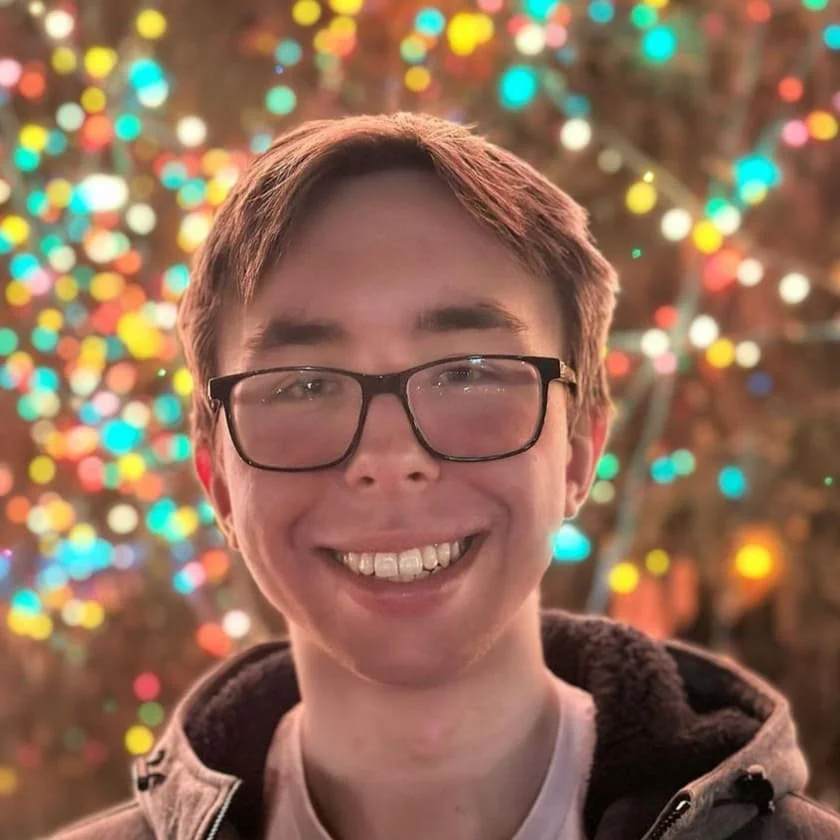Calamity in the Constellations: Kessler Syndrome, 2025
Over nearly 7 decades of orbital spaceflight, satellites in Earth orbit have come to play an essential role in telecommunications, navigation, and remote sensing. Losing them would have devastating worldwide consequences for the civilian and military sectors alike in terms of economic losses, damages, and lives lost. The threat that is Kessler Syndrome could lead to this very outcome: a scenario in which the launch of more and more satellites results in an overcrowding of outer space, causing a cascade of collisions that generates quantities of fast-moving debris that quickly destroys any satellite in orbit.
The past few years have seen increased competition and innovation among national space agencies and private companies, enabling more and more organizations to become involved in space development. Now, thousands of satellites are launched every year to promise an ever-growing number of space-based services. Additionally, the value of satellites for nations as a whole and for warfighting is driving increased military interest in space, particularly in the wake of the Russian Invasion of Ukraine. In this context, countries have conducted destructive anti-satellite weapon tests that generate significant amounts of space debris. Without proper management of these new satellites and debris-generating incidents, this could set the stage for Kessler Syndrome. Will delegates collaborate to enable humankind to sustainably develop a trillion-dollar space economy and reach for the worlds beyond? Or will their conflicting space ambitions consign humanity to the Earth for a hundred years, imprisoned by a cloud of orbital debris?
CHair
Mikhail Perminov
Mikhail Perminov is a student in the class of 2027 planning to major in Princeton’s School of Public and International Affairs with minors in Philosophy and Italian Language and Culture. He is from Boca Raton, Florida and has been involved with MUN since his freshman year of high school. In his free time, he enjoys weightlifting, reading nonfiction, and playing board games with his friends. Mikhail is looking forward to PDI 2024 and is excited to see what delegates accomplish in Kessler Syndrome, 2025!
Crisis Director
Mori Ono
Mori Ono is a member of the Class of 2025 from Ann Arbor, Michigan, and is majoring in Mechanical and Aerospace Engineering with a certificate in Robotics and Intelligent Systems. A member of the Model UN team since last year, he also helps lead Princeton Rocketry. In his free time, he enjoys playing GeoGuessr with friends, watching YouTube edutainment, traveling by train, and consuming vast quantities of boba. Mori is excited to see the solutions and inevitable chaos that will ensue in the Kessler Syndrome, 2025 committee that centers on the intersection of his interests in spaceflight and international policy.

